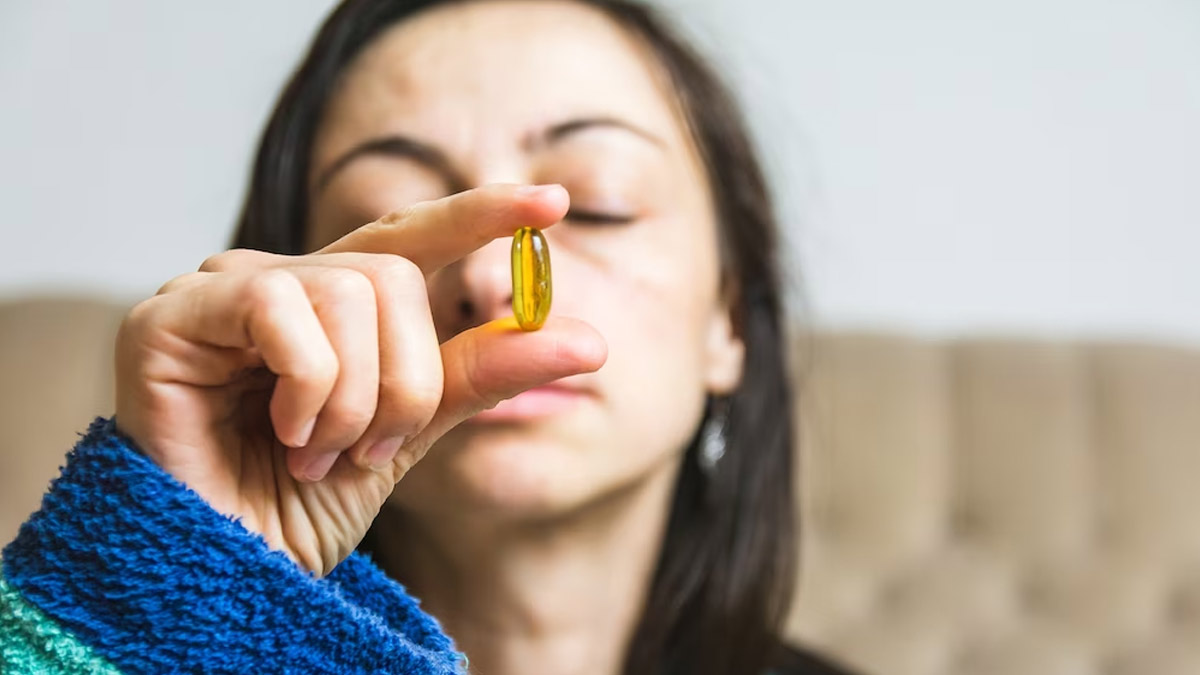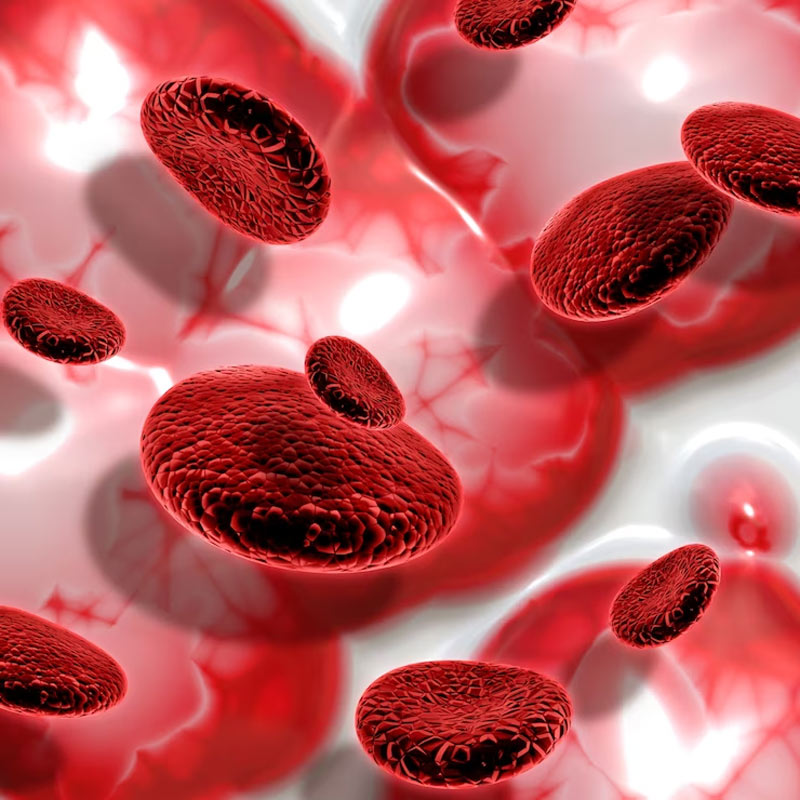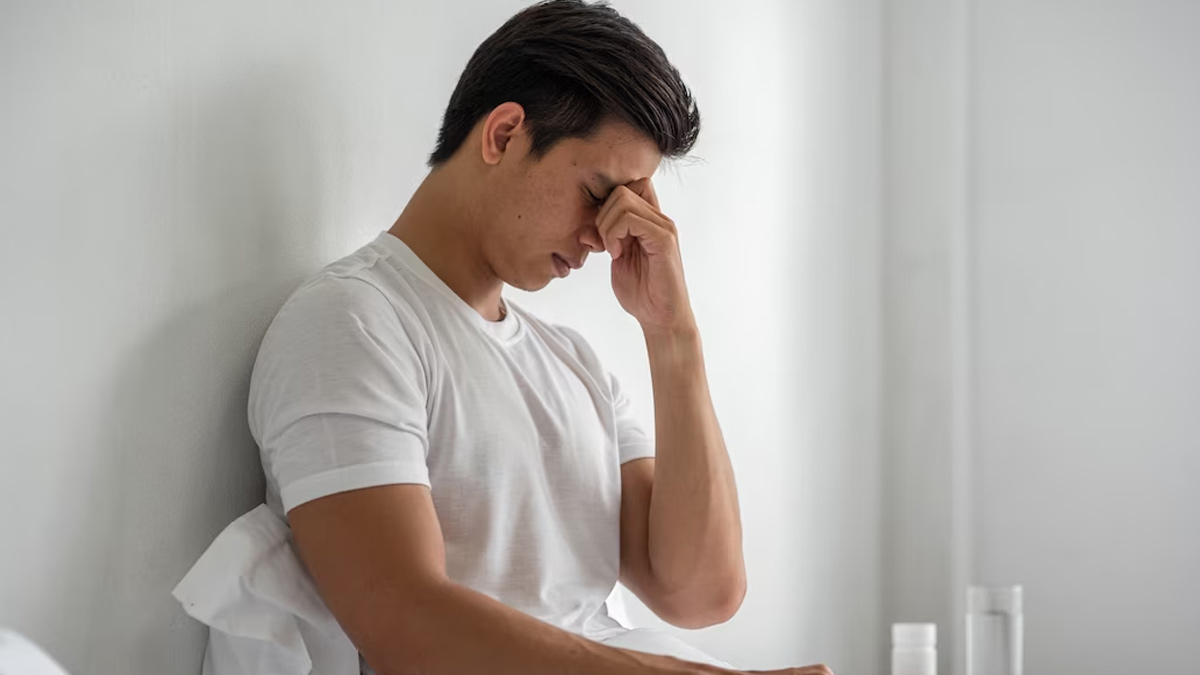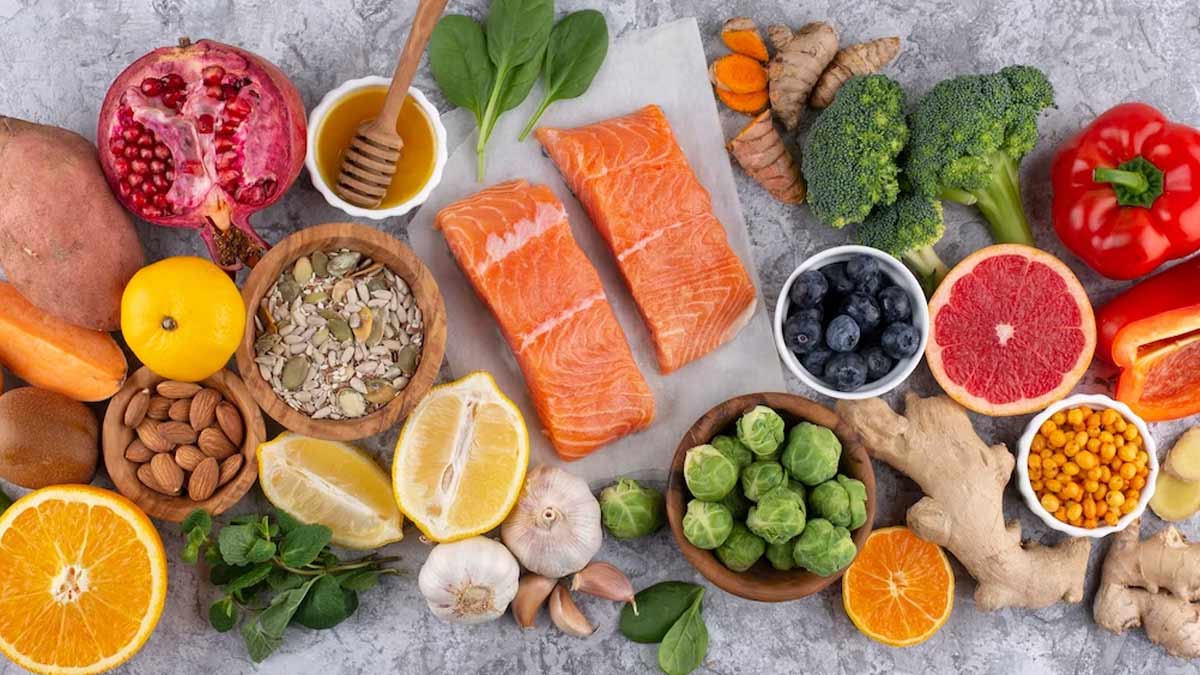
Nutrients are extremely essential for our body as it facilitates proper functioning and maintenance of the human body, provides the energy needed for daily activities, supports growth and development, and plays a vital role in maintaining overall health and well-being. Low levels of certain nutrients can therefore cause complications, including anaemia, a condition where the body falls short of healthy Red Blood Cells (RBCs), which in turn help carry oxygen from our lungs to the rest of our bodies.
Table of Content:-
In an interaction with the OnlyMyHealth team, Dr Pranjit Bhowmik, Director-Internal Medicine, Asian Hospital, Faridabad, discusses the vitamin deficiencies that can lead to anaemia and what can be done to prevent them.
Anaemia Prevalence

According to the World Health Organization (WHO), anaemia is a global public health concern that particularly affects young children, menstruating adolescent girls and women, and pregnant and postpartum women. 40% of children 6–59 months of age, 37% of pregnant women, and 30% of women 15–49 years of age worldwide are anaemic, as per WHO estimates.
Also Read: How Biting Your Nails Is Affecting Your Health: What You Can Do About It
A study published in the Journal BMC Pregnancy and Childbirth, suggests that the prevalence of anaemia among women of reproductive age is about 29.4% worldwide, and the condition impacts about 40% of pregnant women and more than 20% of non-pregnant women.
The Link Between Anaemia And Vitamin Deficiency

“Anaemia is a condition when you have either very few RBCs than normal or an abnormally low level of haemoglobin in each RBC. Haemoglobin is a substance that helps RBCs carry oxygen around the body,” says Dr Bhowmik, adding, “Certain vitamins like vitamin B12 and folic acid or vitamin B9 play an important role in many processes in your body including production of RBCs. When your body doesn’t produce enough of these vitamins, it fails to make normal RBCs. These cells can’t carry oxygen to all of your body tissues and die more quickly than normal cells, resulting in anaemia.”
As per a study published in the British Medical Journal (BMJ) Open, out of the 11,751 blood samples collected and analysed, the prevalence of anaemia, vitamin B12 deficiency and folate deficiency was 50.4%, 52.4% and 50.8%, respectively. The study conducted in Pakistan found that vitamin B12 and folate deficiencies are possible factors associated with anaemia in women of reproductive age.
Another study published in the Journal Maternal and Child Nutrition found that among anaemic Indian adolescents, 21.3% had iron deficiency only (iron deficiency anaemia), 25.6% had folate or vitamin B12 deficiency without iron deficiency (folate or vitamin B12 deficiency anaemia), 18.2% had iron deficiency plus folate or vitamin B12 deficiency (dimorphic anaemia), 31.4% had no iron or folate or vitamin B12 deficiency (anaemia of other causes) and 3.4% had anaemia of inflammation.
Signs Of Folate Deficiency
Here are the signs of folate deficiency:
- Megaloblastic anaemia or enlarged red blood cells
- Fatigue and weakness
- Pale skin
- Shortness of breath
- Mouth sores and tongue swelling
- Digestive issues like diarrhoea and loss of appetite
- Irritability and mood changes
- Neural tube defects in pregnant women's babies
- Elevated levels of homocysteine in the blood, linked to cardiovascular issues
Also Read: Too Much Iron Can Cause Extreme Weakness: Understand Haemochromatosis And Warning Signs
Signs Of Vitamin B12 Deficiency
Here are some common symptoms of vitamin B12 deficiency:
- Feeling weak or fatigued
- Experiencing nausea, vomiting or diarrhoea
- Change in appetite
- Weight loss
- A sore mouth or tongue
- Yellowish skin
- Numbness or tingling in your hands and feet
- Vision problems
- Difficulty in remembering things or getting confused easily
- Difficulty in walking or speaking
- Depressive symptoms
- Irritability
- Emotional changes
How To Get Optimum Levels Of Folate And Vitamin B12

A healthy diet that includes a variety of foods can help prevent some forms of vitamin deficiency anaemia,” says Dr Bhowmik.
Foods rich in vitamin B-12 include:
- Milk
- Cheese
- Yoghurt
- Beef
- Liver
- Chicken
- Fish
- Eggs
- Fortified foods, such as fortified breakfast cereals
On the other hand, folate is found in fresh fruits like:
- Oranges
- Lemons
- Bananas
- Strawberries
- Melons
- Fresh veggies, such as broccoli, spinach, asparagus and lima beans
- Liver
- Kidneys
- Mushrooms
- Peanuts
“Pregnant and breastfeeding women have an increased demand for folate and a lack of this vitamin can cause birth defects during pregnancy. However, with food products being routinely fortified, folate deficiencies are now less common,” says Dr Bhowmik.
Bottomline
To prevent vitamin deficiency anaemia, it is important to load up on nutritious foods. From vitamin B12 to folate to iron deficiency, many factors can contribute to anaemia. If you suspect any abnormalities, make sure to get yourself tested.
How we keep this article up to date:
We work with experts and keep a close eye on the latest in health and wellness. Whenever there is a new research or helpful information, we update our articles with accurate and useful advice.
Current Version